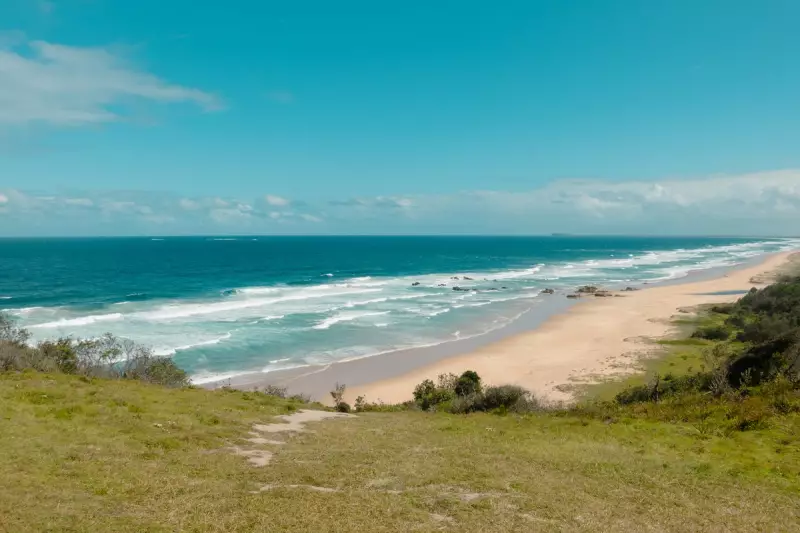
Tragic Shark Attack Claims Tourist's Life
A young European tourist has died and another man remains seriously injured following a devastating shark attack at a remote Australian beach on Thursday morning. The incident occurred at Kylies Beach within Crowdy Bay National Park in New South Wales, sending shockwaves through the local community and tourist industry.
The victims, both European tourists in their 20s, were swimming in the waters when the shark struck. Emergency services were alerted to the incident in the morning of Thursday 27th November 2025, prompting a major response from local authorities and medical teams.
Emergency Response and Bystander Heroism
Quick-thinking bystanders played a crucial role in the immediate aftermath of the attack. One witness used clothing to create an emergency tourniquet for the male victim, who had suffered severe injuries. This swift action likely helped stabilise his condition before professional medical help arrived.
The male victim was later airlifted to hospital in what was described as a critical condition. Medical authorities have since confirmed that his condition has stabilised, though he remains seriously injured. The female victim, despite efforts to save her, tragically died at the scene.
Investigation and Beach Closures
Shark scientists conducted a forensic assessment of the attack and concluded that a large bull shark was likely responsible for both injuries. Experts have noted the particular rarity of a single shark attacking two people, making this an unusual and concerning incident.
In response to the attack, authorities have immediately closed Kylies Beach and surrounding areas to swimmers. SMART drumlines have been deployed in the vicinity as a precautionary measure to detect any further shark activity and ensure public safety.
The remote nature of Kylies Beach, located within the national park, presents additional challenges for emergency services and ongoing monitoring efforts. Local authorities are urging visitors to heed warning signs and avoid entering the water in closed areas.





